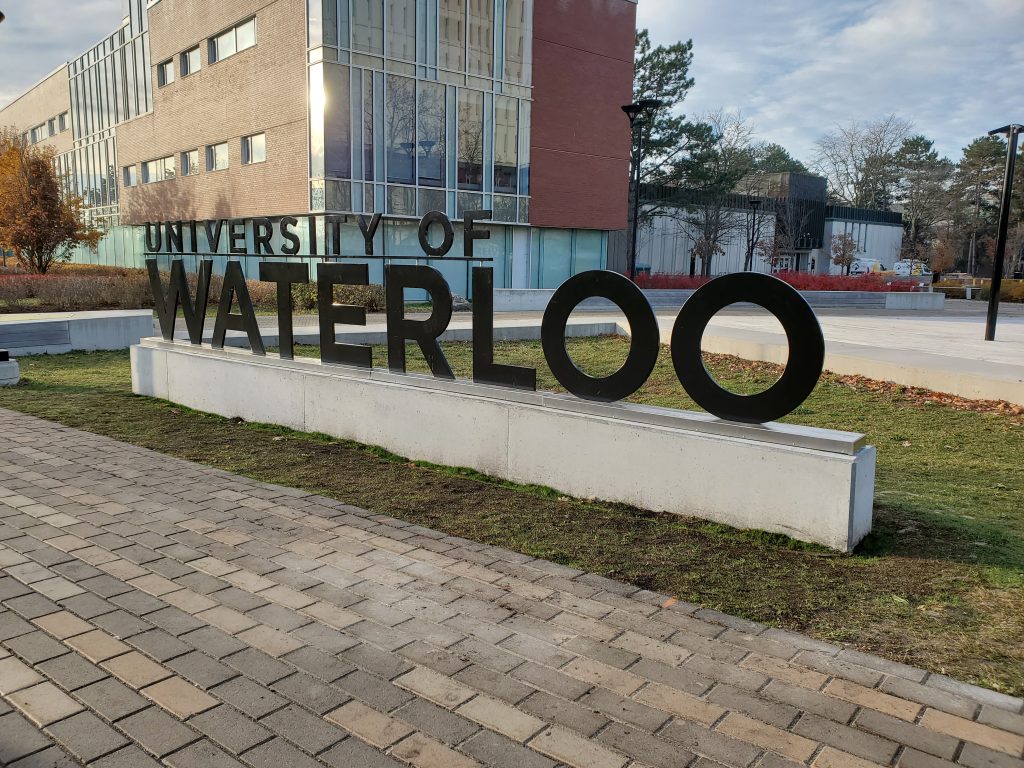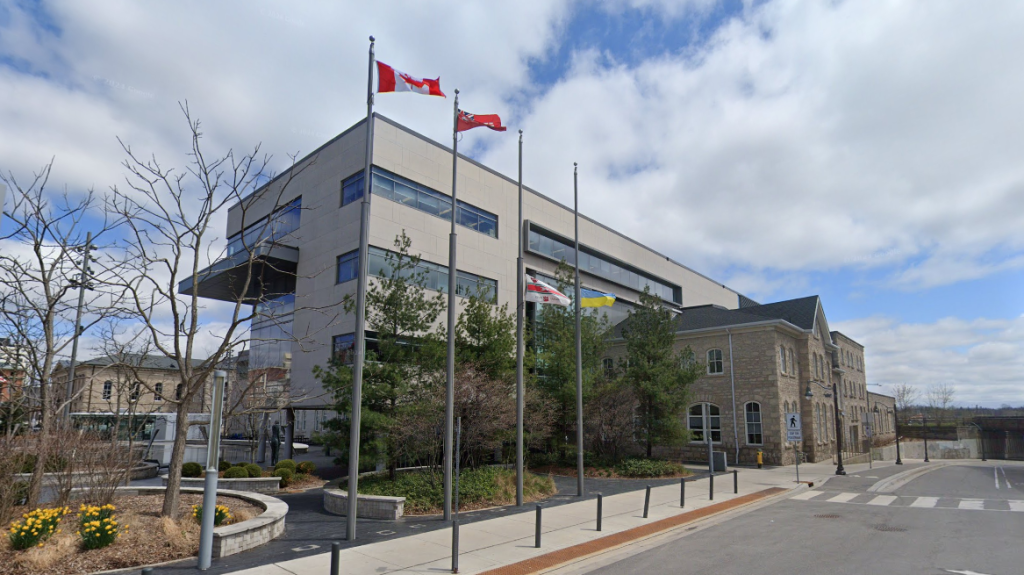New coding from UW could help reduce global energy bill

Posted Jan 21, 2025 06:30:00 AM.
Last Updated Jan 21, 2025 11:51:57 AM.
Some new lines of code could help reduce the amount of energy used every day by computers and it’s being developed by a team of researchers out of the University of Waterloo (UW).
Close to almost all web traffic is delivered through data centres that use the open-source operating system Linux, which developed coding that would reduce energy consumption while using Linux.
Professor of Computer Science, Martin Karsten, and his co-author, computer science grad student Peter Cai came up with the idea after seeing how inefficient data centres were in the way they process network traffic.
If the codes are put in place, they say the new method would reduce energy consumption as much as 30 per cent from data centre operations.
“We didn’t add anything,” Karsten said in a media release. “We just rearranged what is done when, which leads to a much better usage of the data centre’s CPU caches. It’s kind of like rearranging the pipeline at a manufacturing plant so that you don’t have people running around all the time.”
The researchers teamed up with an engineer from Fastly, Joe Damato, to help develop about 30 lines of code. The researchers say that computing takes up as much as 5 per cent of the world’s total energy daily, which is likely to increase as more power is needed to deal with the growth of artificial intelligence.
They gave it a test before submitting it to Linux for consideration.
The code was published this month “as part of Linux’s newest kernel, release version 6.13.”
In the media release, Karsten mentioned the construction of a green computer server room in Waterloo’s upcoming Mathematics building as well as the research they did as ways that computer scientists can play a role in building a greener, mores sustainable future.








